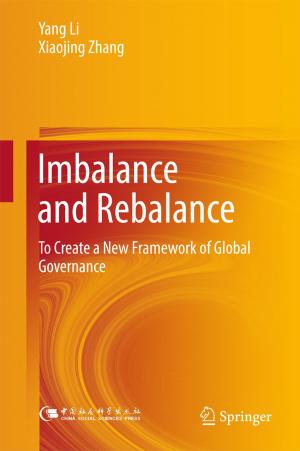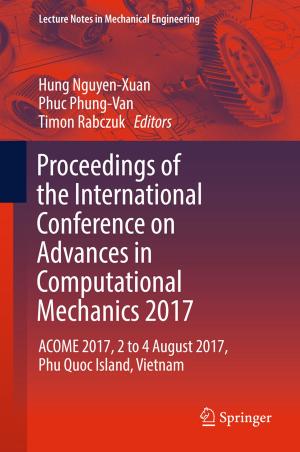Industry-Led Growth
Issues and Facts
Business & Finance, Career Planning & Job Hunting, Labor, Economics, Economic Development| Author: | Arup Mitra | ISBN: | 9789811000096 |
| Publisher: | Springer Singapore | Publication: | November 18, 2015 |
| Imprint: | Springer | Language: | English |
| Author: | Arup Mitra |
| ISBN: | 9789811000096 |
| Publisher: | Springer Singapore |
| Publication: | November 18, 2015 |
| Imprint: | Springer |
| Language: | English |
The book explores, for India and other developing countries, the potential role the organized manufacturing sector could play as an engine of growth. Alongside growth, can this sector generate adequate employment opportunities to facilitate the transfer of labour from the agriculture sector? The book identifies the major constraints that result in limited demand for labour in the organised manufacturing sector. Beyond technological aspects, skill shortage is an important factor, resulting in sluggish labour absorption. Further, the labour market laws are not necessarily the root cause of sluggish employment growth in the organised manufacturing sector. The development of technologies that are appropriate for labour surplus countries like India is instrumental to employment creation. Though innovation is generally assumed to be capital-intensive in nature, the book argues that innovation nevertheless has a positive effect on employment in absolute terms. Lastly, the main policy issues are highlighted in terms of the priority that should be assigned to industries which can contribute to employment growth and skill formation for improving the employability of the available labour force, and to which innovations should be pursued, with a specific focus on pro-poor growth objectives.
The book explores, for India and other developing countries, the potential role the organized manufacturing sector could play as an engine of growth. Alongside growth, can this sector generate adequate employment opportunities to facilitate the transfer of labour from the agriculture sector? The book identifies the major constraints that result in limited demand for labour in the organised manufacturing sector. Beyond technological aspects, skill shortage is an important factor, resulting in sluggish labour absorption. Further, the labour market laws are not necessarily the root cause of sluggish employment growth in the organised manufacturing sector. The development of technologies that are appropriate for labour surplus countries like India is instrumental to employment creation. Though innovation is generally assumed to be capital-intensive in nature, the book argues that innovation nevertheless has a positive effect on employment in absolute terms. Lastly, the main policy issues are highlighted in terms of the priority that should be assigned to industries which can contribute to employment growth and skill formation for improving the employability of the available labour force, and to which innovations should be pursued, with a specific focus on pro-poor growth objectives.















